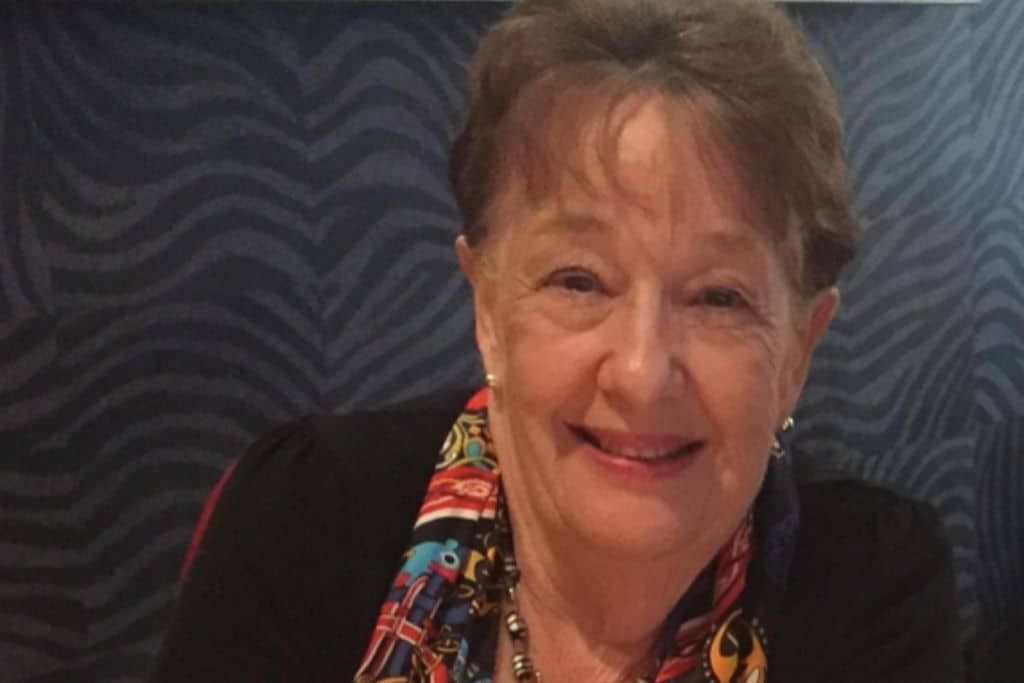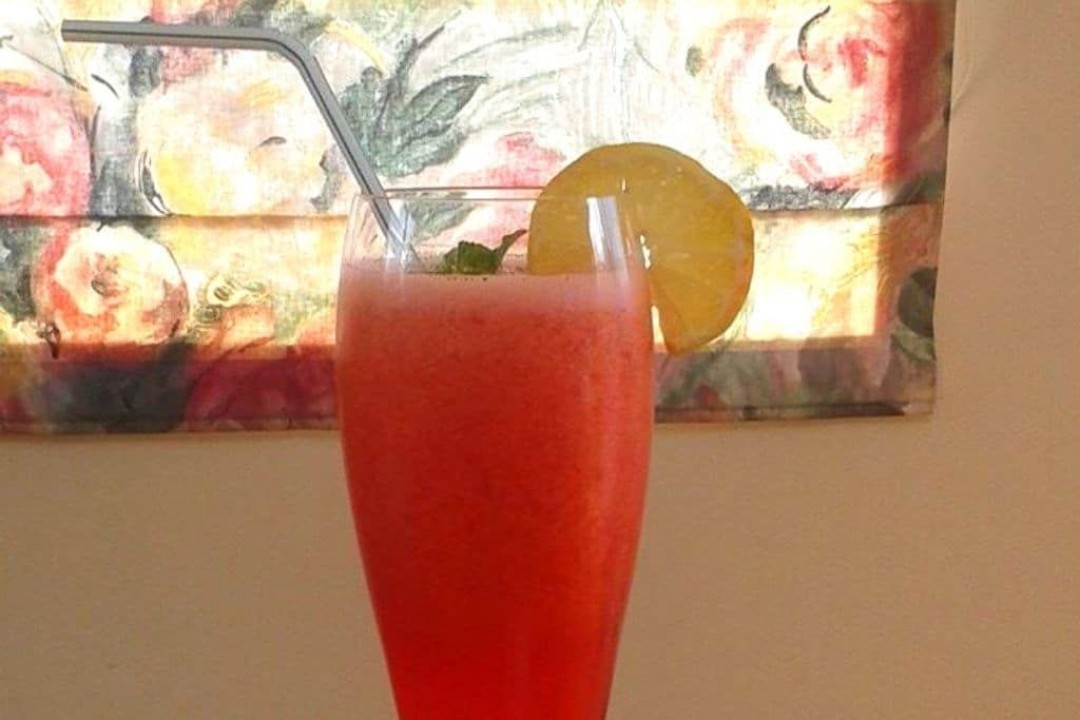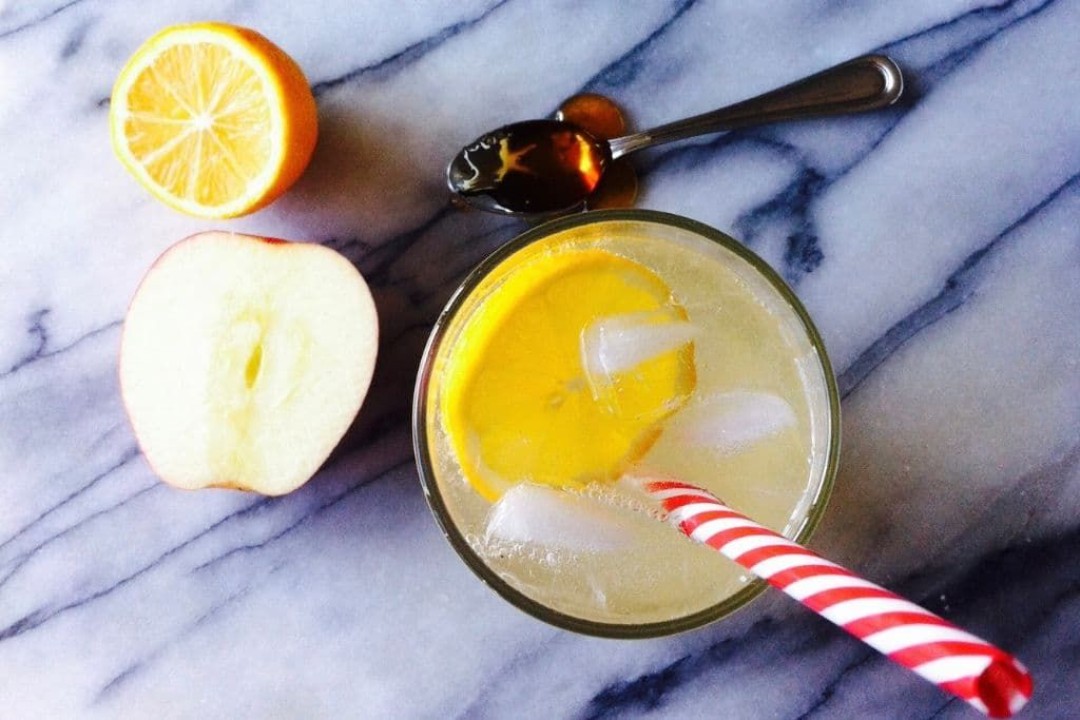Ask An Expert: Pauline (Family Drug Support)
April 22nd, 2023 Interviews 2 comments

Today’s expert is Dr Pauline Stewart, a Counselling and Educational Psychologist and the Executive Officer and Founder of Family Drug Support Aotearoa New Zealand.
==================
Mrs D: What is Family Drug Support? Who is it for?
Pauline: We set up Family Drug Support to help family members who are supporting people they care about who have alcohol or other drug misuse. We’re a registered charity, based in Christchurch but operating all over the country. We provide support in a safe and nurturing environment for families to confidentially address alcohol and other drug issues of family members, assisting them deal with issues in a way that strengthens relationships and leads to positive outcomes. People can use our services even if their loved one lives away from them in another part of the country.
Mrs D: How big is the need for such a service in New Zealand?
Pauline: Huge. Around 50% of people will know someone with an alcohol or other drug misuse challenge. We also know that for one person with an alcohol or other drug challenge there are usually 8 to 10 people affected. Many family members experience stigma because of alcohol and other drug use within the family, which makes them reticent about seeking help. Just reaching out to call a support line can be difficult, but research shows that seeking support is a great way to reduce stress and begin to understand that many are going through a similar experience.
Mrs D: What is your website address and what will people find there?
Pauline: The Family Drug Support website is www.fds.org.nz and it’s full of resources. We have webinars on topics such as methamphetamine use, opioid dependence, why families matter and counselling sessions to sit in on. We have many articles on topics such as chronic sorrow, language matters and concealed stigmas. There’s information on setting boundaries, communicating, helping yourself and helping others. We also have an excellent selection of helpful books and family stories to show that there is hope despite the many challenges family members face on their journey.
Mrs D: What is your phone number and what support is on offer there?
Pauline: The Support Line number is 0800FDSupport or 0800 337 877. It is free call from a cell phone or a landline, available from 9am to 10pm 7 days a week. Our Support Line Volunteers are all well trained and have a good knowledge of the challenges of alcohol and other drug misuse. They know which services are available and what support groups are operating. Sometimes just having someone to listen and hear the challenges being faced makes a huge difference to people facing a situation often described as like “walking on egg-shells” or “navigating chaos.” People can call as often as they like.
Mrs D: What courses do you run?
Pauline: Our flagship programme for family members is called: Steps to Success – Maahiranga ki te Angitu. The 5-Step Method.This programme helps family members to build coping and resilience for their journey which is a different journey from the journey the person using alcohol or other drugs is on. It provides help with areas such as coping, support, information and resilience building. Often this is the first time the family member has had help for their own journey, which can be a long and lonely journey at times.The programme is exceptionally well researched and used in many countries around the world.
Mrs D: How hard can it be for people dealing with a loved one’s alcohol or drug issues?
Pauline: It can be an exceptionally challenging journey to continue to support and care about someone with alcohol or other drug misuse. There are often financial, relationship and court proceedings to navigate. Giving continual support can sap family members of their physical and emotional energy, their financial resources and friendships. Family members often experience an ongoing loss (chronic sorrow) as they see the person they care about face job loss, relationship issues and financial problems. There are, however, skills family members can learn to cope with the situation they themselves face. Families matter and they need help to stay connected with the people they care about while protecting their own health and wellbeing.
Mrs D: What sort of skills do families need to work on?
Pauline: Firstly, families need accurate information so they can understand the complexities of alcohol and other drug misuse including the stages a person using alcohol and other drugs goes through. They need an understanding about different treatments and the research concerning the success of different treatments. They need to understand about lapsing and how to cope with this stage someone they care about is going through. And family members need help often to develop networks of support, so they do not feel so alone.
Mrs D: Can they ‘fix’ their loved one?
Pauline: Family members often think their main role is to “fix” their family member but that is very seldom possible. Unless a person with alcohol or other drug misuse is motivated to change there is little chance of change. That is why family members have to build their own skills to remain physically and emotionally healthy on their own journey, while the person they care about continues on their own journey. It is vitally important that family members understand the cycle of drug use and how to cope and engage with the person they care about. There is no such thing as tough love or rock bottom and unless family members have a really good understanding of the information available, they can have the car “revved up” and ready for rehab and not really understand the challenges. Many people access a rehabilitation programme many times before change. And many people give up alcohol and other drugs by themselves. We are able to help families navigate a very difficult situation so they can stay connected to the person they care about.
Mrs D: How important is it for families to understand what their loved one is going through?
Pauline: It is absolutely critical for family members to understand the challenges their loved one is going through and to build up their own coping and resilience at the same time. Knowing about topics such the effects of drugs used, the services available, the advantages and disadvantages of various services, how to support detox safely once a decision is made by the person they care about, how to support the early stages of detoxing when brain function is impacted and planning and comprehension skills are impaired, as research tells us they are, and the challenges of lapsing are so important for positive outcomes. Families can help so much if they can stay connected and build resilience. Often person with alcohol and other drug misuse will say after they get well, that if it had not been for their family members they would not have succeeded in their struggle.
Mrs D: For a person who is struggling themselves (like the members here at Living Sober), what is the best way they could talk to their family members about what they’re going through?
Pauline: Research tells us it is more important to focus on changes in future behaviour e.g., doing activities with people you care about, taking up new interests, increasing physical fitness, celebrating successes with small celebrations etc rather than focusing on past challenges. Focusing on thoughts such as “I have hurt my family” are not as helpful as focusing on how you can engage and share activities with the family going forward. Being with positive people helps. Learning to be in the moment by downloading a mindfulness App such as Headspace could help. Writing one positive brief note on a paper square each day about your life and saving it, even if the recorded item is a smile someone gave, helps focus on the positive.
Mrs D: We often talk about the importance of self-care for our members, is self-care important for family members too? What can family members do to look after themselves while they’re supporting someone who is trying to quit?
Pauline: Self-care is really important for family members. We support well researched self-care such as mindfulness, physical activity, support networks, a range of formal and informal activities, and the like. Family members often put off taking breaks and holidays, but such activities are a valuable part of self-care.
Mrs D: What other advice do you have for people in this position?
Pauline: It is important to have a clear understanding of the effect of various drugs a family member is using so that realistic expectations are held. That applies to alcohol and all other drugs. Research tells us that with people using some drugs such as methamphetamine, the part of the brain most affected takes up to 6 months to begin to heal itself. Decisions made by people who are trying to abstain from drug use and trying not to lapse during that 6 months may be less than their best possible decisions. Certainly, reaction times have been found to be much slower for people abstaining from methamphetamine than people who have not used such stimulants. It is important that family members have relevant up to date information so they can make good decisions when trying to support those they care about. Lapsing is a huge problem but is also part of the change process. People need to seek support as research tells use good support, either informal or formal reduces stress, improves self-esteem and helps with mental health.
Mrs D: Anything else you’d like to share?
Pauline: There are very few services in Aotearoa New Zealand to assist family members to build the coping and resilience necessary to look after themselves while supporting those they care about with alcohol and other drug misuse. We hear a great deal about drugs other than alcohol but the greatest harm, through family violence, road accidents and the like, is alcohol related harm. It is essential that all alcohol and other drug misuse is treated as a health issue so that the stigma for family members is reduced. People with alcohol and other drug misuse need to receive help as soon as they ask, including on the day they decide they wish to change their life. Having to wait for help is unlikely to be helpful to the person with the alcohol and other drug misuse or the family members supporting that person. That is the challenge. It will take financial resources and vision to provide services to meet the needs of those struggling to remain drug free and those who care about them. Funding is generally a big issue for non-government organisations such as Family Drug Support Aotearoa. Hopefully soon funding will follow the mental Health and Addiction Enquiry, so support is available for families and also for services for family members they care about.
Mrs D: Cross fingers.
Pauline: One final word: Language Matters. We do not use the term “addiction” at Family Drug Support Aotearoa New Zealand. We see language such as “addiction” as being judgemental term used in a medical model and not a strengths-based approach to the serious problem of alcohol and other drug misuse. We are available to help families navigate the challenge of moving through their journey so they can continue to support those they care about and remain physically and psychologically healthy themselves.
Continue reading
I was that person...
I am about to celebrate 11 years of sobriety (yay me!) and just yesterday I wrote in the Members Feed: “There is not 1% of me that wants to put alcohol in my body.
August 25, 2022 – 6 comments
Rituals for turning over into a New Year
We have been publishing these New Year’s rituals, written by @suek, at Living Sober for quite a few years.
December 30, 2023 – 3 comments
Sweet Honey Mocktail
This is a really beautiful drink – delicately flavoured and light.
July 18, 2019



